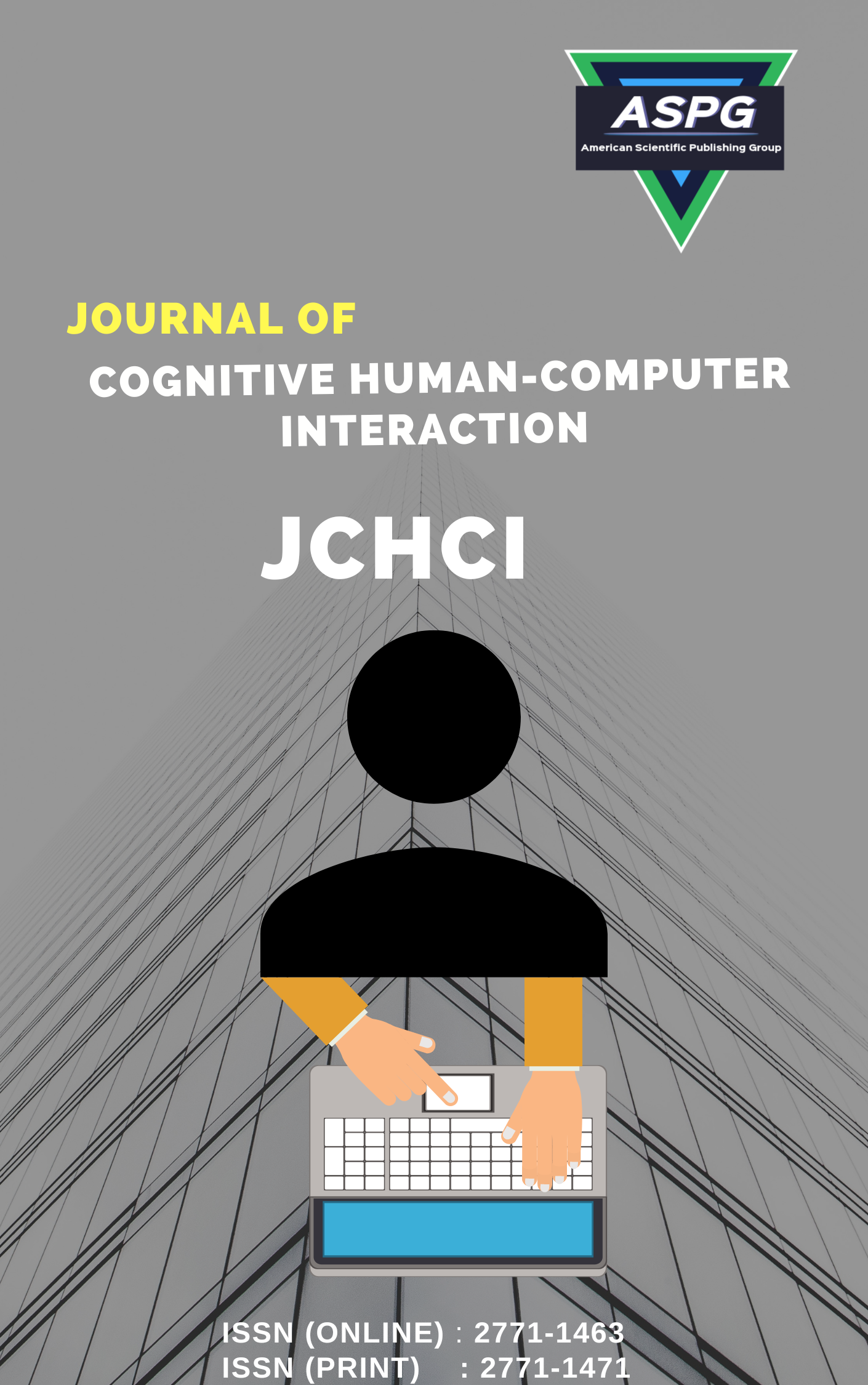

Volume 5 , Issue 1 , PP: 42-45, 2023 | Cite this article as | XML | Html | PDF | Full Length Article
R. Jeena 1 * , Kruthika M. 2 , Princy A. 3 , Tanya A. 4
Doi: https://doi.org/10.54216/JCHCI.050104
Earthquake is one of the most threatening natural disasters which is caused due to the shaking of the earth’s surface. Common cause of earthquake is due to ground shaking, underground volcanic eruption. Here, XGBoost Algorithm is used to predict the location of the earthquake. In this paper, a earthquake location prediction method is proposed, which is based on the composition of a known system whose behaviour is administered according to the evaluation of more than two decades of seismic events and is designed as a time series using Machine learning. By analyzing the parameters such as Latitude, Magnitude, Depth, Longitude, Depth error, Gap, Time etc.
XGBoost Algorithm , earthquake , magnitude , earth surface , ground shaking , seismic events , time series
[1] F.Jing, R.P.Singh,Y.Cui, and K.SUN,” Microwave brightness temperature characteristics of three strong earthquakes in Sichuan province,China ,” IEEE J.Sel Topic Appl.Earth Observe.Remote Sens., vol .13,pp.513-522, Jan.2020.
[2] Y.Qi,L.Wu,Y.Ding, and W.Mao,” Microwave brightness temperature anomalies associated with the 2015 Mw 7.8 Gorkha and Mw 7.3 Dolakha Earthquakes in Nepal,” IEEE Trans .Geosi.Remote Sens., vol. 60. Nov. 2020, Art.no. 4500611
[3] D.Marchetti et al.,”possible lithosphere-atmosphere-ionosphere coupling effects prior to the 2018 Mw = 7.5 Indonesia earthquake from seinsmic, atmospheric and ionospheric data,” J. Asian Earth Sci., vol. 188, 2020,Art, no, 104097
[4] F.Jing and R.P.Singh,”Chapter26-The optical and microwave characteristics of dust storms over the indo-gangetic plains ,” in Asian Atmospherics Pollution , R.P.Singh ed . Amsterdam, The Netherlands : Elsevier,2022, pp. 185-191, 2020.
[5] F,Jing and R.P.Sighn,”Chapter 26-The optical and Microwave characteristics od dust stroms over the indo-gangentic plains MS 8.0 and Lushan Ms 7.0 Earthquake multiple paramaters ,”J.Remote Sens ., vol. 22. Pp. 181-191, 2020
[6] F.Jing and R.P.Signh,”Changes in trospherics ozone associated with strong earthqauakes and possible mechanism ,” IEEE J.Sel Topics Appl. Earth Observ.remote Sens ., vol, 14 pp.5300-5310, May 2021
[7] S.Verma et al “Dust events and their influence on aerosol optical properties over Jaipur in northwestern India.,“Environ .Monit . Assessment. vol . 185,. no . 9. pp. 7327- 7342, 2013
[8] A.F . Stein,. R.R.Draxler,. G.D.Rolph,. B.J.B.Stunder. M.D.Cohen , and F.Ngan , “ NOAA’S HYSPLIT atmospherics transports and dispersion modeling system ,”bull Amer.Meteorological Soc ., vol .96 , no , 12. pp . 2059-2077, 2015
[9] V.K.Kayetha , S . Kumar ,. A .K Prasad ,. G.Cervone , and R.P.Singh, “effects of dust storms on ocean color and snow parameter ,”J.Indian Soc . Remote Sens ., vol 35 , no,. 1-9,2007
[10] Y. Qi, L. Wu, M. He, and W. Mao, “Spatio-Temporally weighted twostep method for retrieving seismic MBT anomaly: May 2008 Wenchuan earthquake sequence being a case,” IEEE J. Sel. Topics Appl. Earth Observ. Remote Sens., vol. 13, pp. 382–391, Jan. 2020
[11] K. Chen, W. Xu, P. Mai, H. Gao, L. Zhang, and X. Ding, “The 2017 Mw 7.3 Sarpol Zah¯ab earthquake, Iran: A compact blind shallow-dipping thrust event in the mountain front fault basement,” Tectonophysics, vol. 747–748, pp. 108–114, 2018.
[12] E. Nissen et al., “The 12 November 2017 Mw 7.3 Ezgeleh-Sarpolzahab (Iran) earthquake and active tectonics of the Lurestan arc,” J. Geophysical Res., Solid Earth, vol. 124, no. 2, pp. 2124–2152, 2019.
[13] F. Marchese, T. Lacava, N. Pergola, K. Hattori, E. Miraglia, and T. Valerio, “Inferring phases of thermal unrest at Mt. Asama (Japan) from infrared satellite observations,” J. Volcanol. Geothermal Res., vol. 237/238, pp. 10–18, 2012.
[14] M. Akhoondzadeh, A. De Santis, D. Marchetti, A. Piscini, and S. Jin, “Anomalous seismo-LAI variations potentially associated with the 2017 Mw = 7.3 Sarpol-e Zahab (Iran) earthquake from swarm satellites, GPSTEC and climatological data,” Adv. Space Res., vol. 64, no. 1, pp. 143–158, 2019.
[15] K. Ding et al., “The 2017 Mw 7.3 Ezgeleh, Iran earthquake determined from InSAR measurements and teleseismic waveforms,” Geophysical J. Int., vol. 215, no. 3, pp. 1728–1738, 2018
[16] RajmohanP , Rishisarvesh. U. S , Ponkumar. G , Naveen. R , Pragathish. R. S , Santhosh. P , Arun. k. D , Syed moinudeen, Transformer Analyzer BOT, Journal of Cognitive Human-Computer Interaction, Vol. 3 , No. 2 , (2022) : 16-20 (Doi : https://doi.org/10.54216/JCHCI.030202)
[17] G.PonKumar , ArvindRavindran , HarshadSultanT , S.N. Karthikrishna , T.Lokeshwar , S. Arvindswamy , M. Maheshkumar , B. Dharani, Power Backup for Failsafe Power System, Journal of Cognitive Human-Computer Interaction, Vol. 3 , No. 2 , (2022) : 26-35 (Doi : https://doi.org/10.54216/JCHCI.030204)